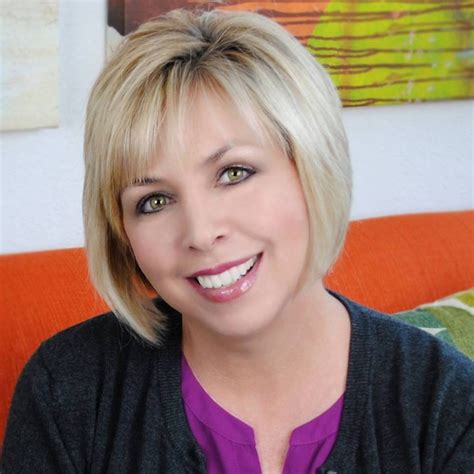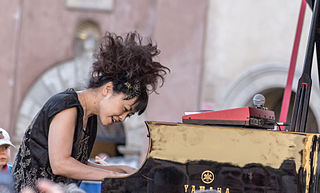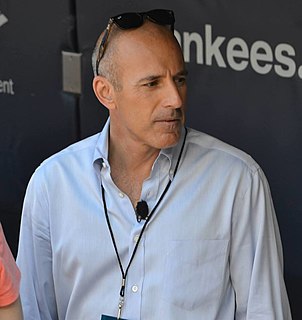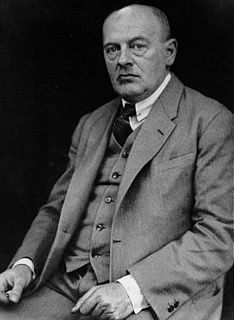A Quote by Gerhard Richter
I find the Romantic period extraordinarily interesting. My landscapes have connections with Romanticism: at times I feel a real desire for, an attraction to, this period, and some of my pictures are a homage to Caspar David Friedrich.
Related Quotes
When you limit the word 'jazz' to one period of history, for the people who love that period, then maybe it can be dead because nobody plays like that anymore. But jazz is progressive music; it always has to progress, and musicians always have to find new landscapes and new ways to speak out, so of course it's always changing.
You have to be very productive in order to become excellent. You have to go through a poor period and a mediocre period, and then you move into your excellent period. It may be very well be that some of you have done quite a bit of writing already. You maybe ready to move into your good period and your excellent period. But you shouldn't be surprised if it becomes a very long process.
I hate period films - and there are plenty of them - where they say, "Let's not do contemporary language because the audience won't understand it;" "let's not make the girls wear corsets, because it's not sexy" and all that sort of thing. Gradually it disintegrates into a no man's land: you don't really believe it's a period scene and it doesn't feel like it's now because it's not now. You don't feel it's quite real and you don't believe in it.
Ressentiment is always to some degree a determinant of the romantic type of mind. At least this is so when the romantic nostalgia for some past era (Hellas, the Middle Ages, etc.) is not primarily based on the values of that period, but on the wish to escape from the present. Then all praise of the “past” has the implied purpose of downgrading present-day reality.
A lot of people write in to me and say that they feel like The Uni-verse has abandoned them. Now, that is a very interesting story. There are some times where we are meant to be lost or confused. I had a long period in my life that felt like a holding pattern - it felt like stasis. But what was happening during that time was I was getting stronger on the inside. And that is change you can't SEE right away.
What was happening with me, with the album [A Period of Transition], with the people who took the pictures, the record company, everything, getting a new manager [Harvey Goldsmith]-it was all saying a period of transition to me so that was the title choice. It says what it is and obviously nobody is going to analyze that. It's exactly what it is.
In one way or another, I always marked my pictures. But there were times when I put my signature on the back of the canvas. All my works from the cubist period, until about 1914, have my name and the date on the back side of the stretcher. I know someone spread the story that in Céret, Braque and I decided not to sign our pictures anymore. But that's just a legend!







































